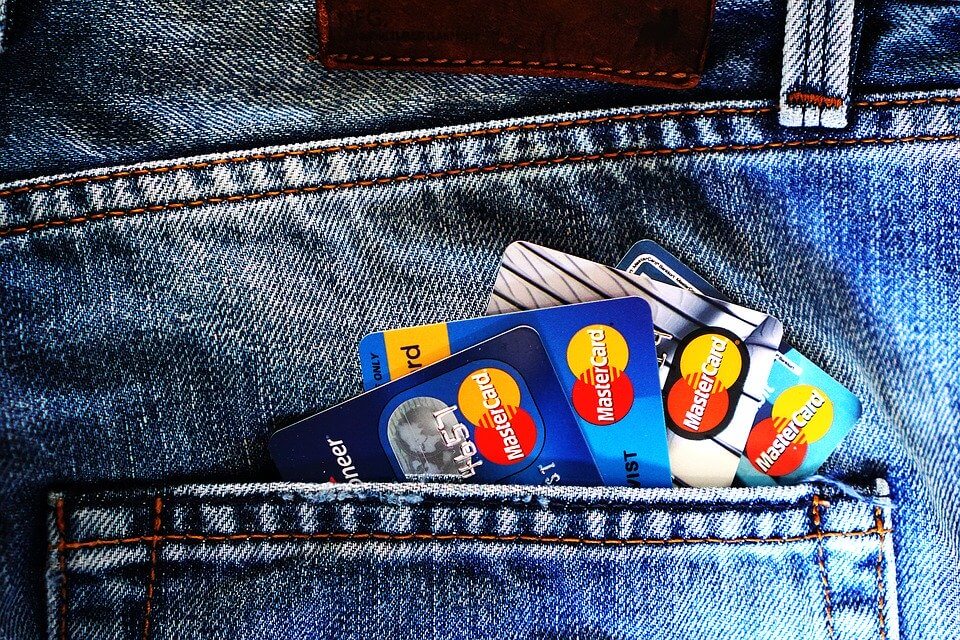How to Apply For a Loan Even With a Poor Credit History
If you applied for a loan and then got rejected, you might feel like this was a personal attack on you as a person. It's not. You could have gotten rejected for a few different reasons. To ensure that you have a better chance of getting approved next time, first learn why you got rejected. Then you will need to know how to improve your chances so that you'll have a much better chance of getting that “yes”.

Why Was My Loan Application Denied?
There are two main reasons why a person may not get a loan. The first has to do with a person's credit score and history. The second reason could stem from the applicant having insufficient income to pay back the loan.
Your Credit History
Your history with credit will act as one of the main factors that a lender will use to determine whether they will give you the loan. If the lender sees late payments, defaults, and other types of red flags, they will likely deny you.
A lender could also deny you if your credit score is lower than their minimum requirements for applicants. One way you can get a loan is to know your credit scores and look for lenders that cater to people with scores in your range.
Those who get denied for a loan will get a letter explaining the reasons for the denial. The letter will contain up to five reasons why the lender felt they couldn't give you the money. Keep this letter as this will give areas to work on to get that “yes” from a lender.
Your Income
Some applicants might get denied because they don't make enough to pay back the loan amount for which they're asking. Your debt-to-income ratio could also be too high for the lender's liking. To get your own debt-to-income ratio, divide the amount of your monthly debt payments by your monthly income. To increase your chances of getting approved for the loan, work on paying down some of your debt.
Getting a Loan With Bad Credit
Just because you have bad credit doesn't mean that you can't finance a large purchase, pay for relocation expenses, or consolidate your debt. As a matter of fact, getting a loan after being refused is entirely possible. But it will take some work and a willingness to wait a bit before you begin the application process again. If you don't want to wait, you might still have some options available to you.
Some lenders specifically work with applicants who have bad credit. These lenders will often have less stringent requirements for applicants. However, your interest rate will often be really high. You can also get someone with good credit to co-sign the loan so that you will have a better shot at getting the funds. Because the co-signer is equally responsible for the debt, make sure that you will be able to cover your monthly payments in case of an emergency such as the loss of a job.
What You Should Do Before Applying for Loans Again
While getting a bad credit loan is one option, it might be better to wait a bit so that you can get better terms on any loan you get. If at all possible, wait until you can work to improve your credit scores. You'll save on your payments every month as well as your interest rates.
Take the letter of declination that you got after you applied for the loan the first time. Examine the reasons that you were denied. Make a plan so that these reasons won't be issued the next time you apply.
Once all of this is done, follow these methods for getting your credit score to a level that lenders will find acceptable:
Make all payments on time: Lenders will look at your payment history first. Any payments that are more than a month late will negatively affect your score.
Use your credit cards responsibly: Do everything you can to keep your credit card balances low. Your credit utilization score is another factor that lenders really examine to determine if you will get the loan.

Don't apply to multiple lenders at once: One hard inquiry won't do a lot of damage to your credit score. But multiple inquiries in a short amount of time can wreak havoc on your credit report. If you get one or two rejections, spend some time following the tips in this article before you apply again.
It can take a bit of time to improve your credit score. But when you take into account the fact that a high credit score can save you money on payments and interest rates, it's worth it to do the work. Start by ordering your credit report from each of the three credit bureaus and then making a plan to turn around your financial life.
839GYLCCC1992



Leave a Reply